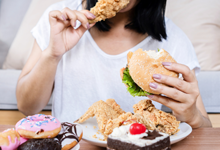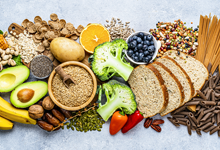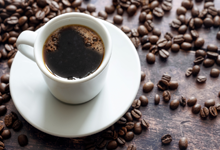
The good news: if you’re struggling with Irritable Bowel Syndrome (IBS), avoiding certain foods can help. Patients with IBS are more likely than the general population to report abdominal pain, nausea, bloating and diarrhea in response to food triggers.
The bad news: many of these foods are nutritious, but poorly digested sugars and fibers that are typically considered part of a healthy diet. Collectively, a group of these are called FODMAPs (fermentable oligosaccharides, disaccharides, monosaccharides, and polyols) can trigger meal related symptoms in patients with IBS.
The happy compromise? It is possible to find healthy, varied diets filled with foods that are right for you.
“Everyone reacts to foods and stressors differently,” said Catherine Ngo, M.D., director of Hoag Digestive Health Institute’s Motility Program. “Working with your doctor, you can find the foods you will want to limit or avoid.”
 There are a few hard and fast rules: Fried foods and foods that are high in fat can be harder for the body to digest.
There are a few hard and fast rules: Fried foods and foods that are high in fat can be harder for the body to digest.
But the rest of your diet could be a matter of trial and error.
 For example, dietary fiber keeps most guts healthy, but insoluble fiber, or the fibers found in whole grain products and vegetables, can cause distress on the digestive system of someone with IBS.
For example, dietary fiber keeps most guts healthy, but insoluble fiber, or the fibers found in whole grain products and vegetables, can cause distress on the digestive system of someone with IBS.
“Fiber tolerance varies from person to person,” Dr. Ngo said. “Working with a dietician can help you develop an individualized diet plan.”
 Caffeine is another chemical that affects different people differently. “For some people, coffee or other caffeine sources help their motility. For others, the stimulating effect of caffeine causes diarrhea,” Dr. Ngo said.
Caffeine is another chemical that affects different people differently. “For some people, coffee or other caffeine sources help their motility. For others, the stimulating effect of caffeine causes diarrhea,” Dr. Ngo said.
If you’ve already tried to manage on your own and symptoms aren’t improving, you may consider working with a doctor to make sure nothing is being overlooked. Make an appointment with your doctor to get started today by visiting hoag.org.









